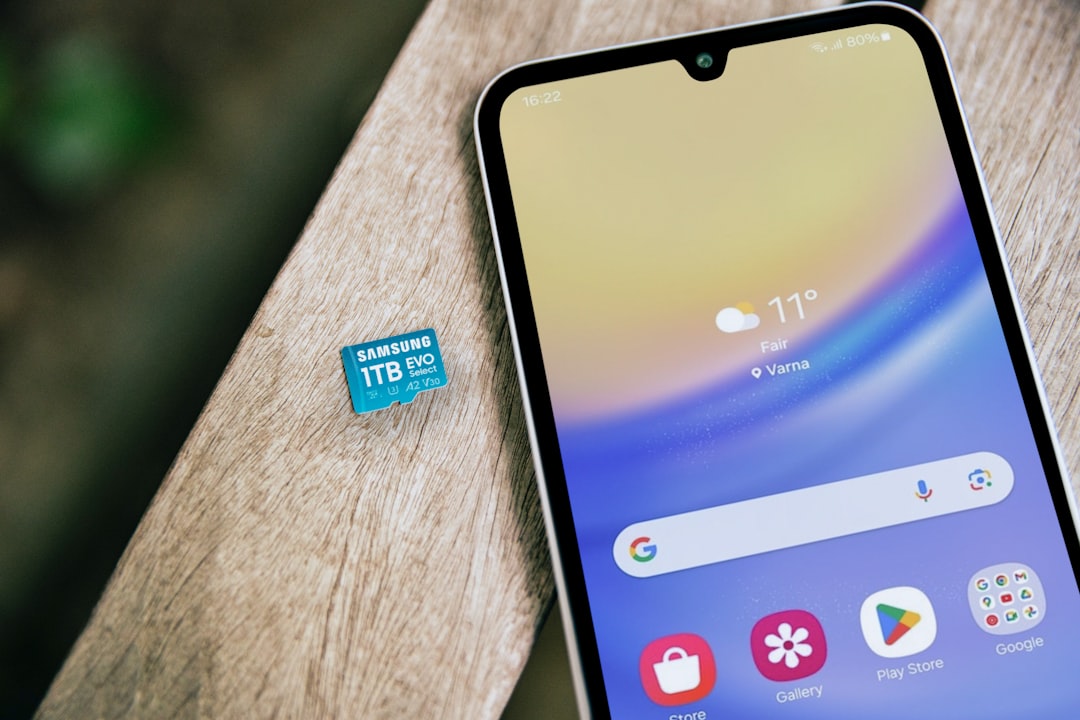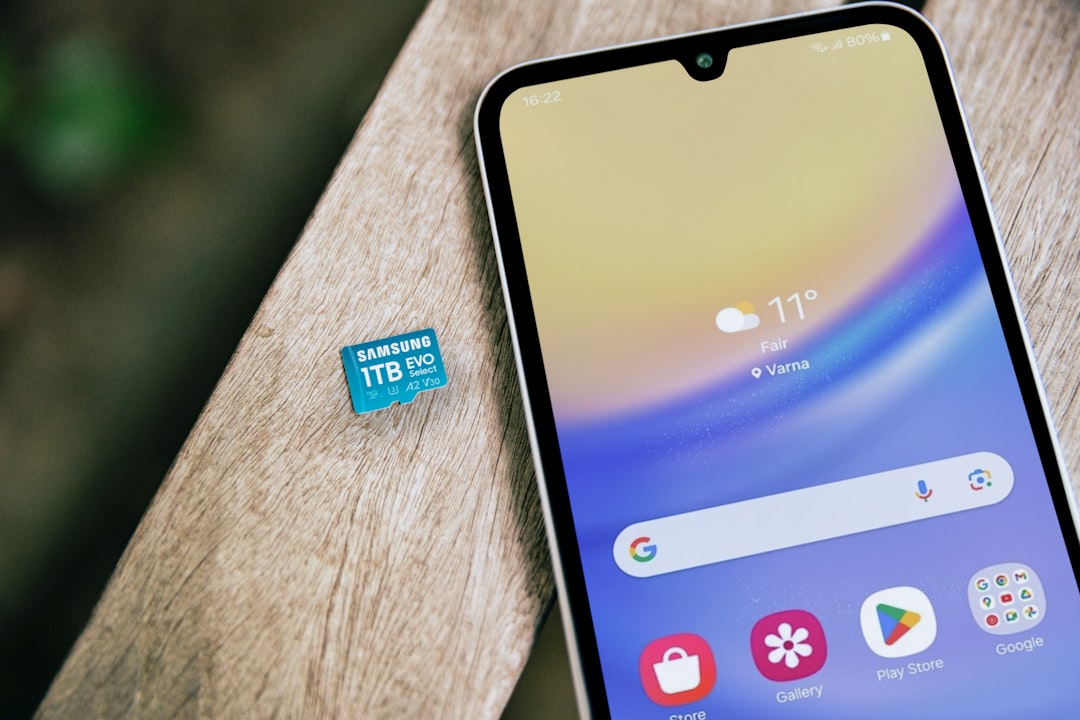In Kansas, the Do Not Call List (DNC) protects residents from unwanted telemarketing calls by allowing them to opt-out of marketing messages. Businesses must follow strict rules for legal exemptions, such as prior consent and heeding do-not-call requests within reasonable timeframes. Spam call lawyers specialize in navigating telecommunications laws to safeguard consumers against excessive or unauthorized phone marketing. They ensure business compliance with DNC lists, interpret laws like the TCPA, and assist clients in managing Do Not Call requests. These attorneys help protect residents' privacy and peace of mind from nuisance calls while balancing privacy rights with essential communications from legal, charitable, and financial sectors.
In Kansas, the Do Not Call List safeguards residents from unwanted telemarketing calls. However, not all businesses are subject to these rules. This article explores exceptions and exemptions, shedding light on when businesses can make calls without prior consent. We delve into the crucial role a spam call lawyer in Kansas plays in navigating these complexities. Understanding common exceptions—from political organizations to certain types of businesses—is essential for protecting your rights against intrusive spam calls.
Understanding the Do Not Call List in Kansas

In Kansas, the Do Not Call List is a registry designed to protect residents from unwanted telemarketing calls and text messages. The list is maintained by the Kansas Corporation Commission (KCC) and offers individuals the ability to opt-out of receiving marketing calls from businesses within the state. Understanding this list and its implications is crucial for both consumers and businesses, especially in light of the growing concern over spam calls.
Kansas residents can register their phone numbers on the Do Not Call List by filling out an application through the KCC’s website. Once registered, businesses that violate these regulations by calling listed numbers face penalties. This measure aims to safeguard citizens from persistent telemarketing calls, often considered intrusive and unwanted, particularly when they involve spam or aggressive sales tactics. A lawyer specializing in telecommunications law in Kansas can guide individuals on navigating this process and their rights regarding such calls.
When Businesses Are Exempt from the Rules

In Kansas, businesses are generally exempt from the Do Not Call List regulations if they are making calls for internal business purposes or for a purpose allowed by law. This includes calls related to account updates, collection activities, and telemarketing when certain criteria are met. However, these exemptions come with specific rules and limitations. For instance, businesses must obtain prior consent for marketing calls, often through opt-in mechanisms, and comply with do-not-call requests within a reasonable timeframe.
If you’re facing spam calls from businesses or believe your rights have been violated, consulting a spam call lawyer in Kansas can provide clarity and legal recourse. They can help navigate the complexities of these exemptions and ensure that your rights as a consumer are protected under state laws designed to curb unwanted telemarketing activities.
The Role of a Spam Call Lawyer in Kansas

In Kansas, as with many states, managing unwanted spam calls is a significant concern for residents. Here’s where a spam call lawyer steps in. These legal professionals specialize in navigating the complex landscape of telecommunications laws and regulations to protect consumers from excessive or unauthorized phone marketing. They play a crucial role in ensuring businesses comply with state and federal Do Not Call lists, providing a vital service to those seeking respite from intrusive marketing calls.
A spam call lawyer in Kansas can help individuals and organizations understand their rights and take legal action against companies that disregard the established rules. They offer expertise in interpreting laws like the Telephone Consumer Protection Act (TCPA) and assist clients in drafting, enforcing, or contesting Do Not Call requests. By engaging a spam call lawyer, residents can have a powerful ally in safeguarding their privacy and peace of mind from nuisance calls.
Common Exceptions and How They Apply

In Kansas, as in many states, the Do Not Call List is designed to protect residents from unwanted telemarketing calls. However, there are several common exceptions that allow certain types of calls to proceed despite a consumer’s registration. One significant exception involves calls from lawyers or law firms. Legal professionals are permitted to contact individuals on the Do Not Call List for purposes related to legal services, such as representing a client in a pending lawsuit or providing information about a potential legal claim.
Another notable exemption is for messages related to charitable causes. Non-profit organizations and charities can still reach out to registered numbers with pre-recorded messages, as long as the calls adhere to specific guidelines. Additionally, informational calls from government agencies, like those from the local utility companies or educational institutions, are not restricted by the Do Not Call List regulations. These exceptions ensure that important communications in areas like law, charity work, and public service continue without interruption, while also preserving consumers’ rights to control unwanted spam calls.
Protecting Your Rights: What to Do If You're Affected

If you’ve been receiving unwanted spam calls in Kansas, it’s essential to understand your rights and options. The Do Not Call List (DNC) is a powerful tool to curb unsolicited calls, but there are exceptions that allow certain entities to reach out. If you feel your privacy is being invaded by repeated spam calls, consulting a spam call lawyer in Kansas can help you navigate these complexities.
In Kansas, businesses and organizations are permitted to make specific types of phone calls even if you’re listed on the DNC. These may include political campaigns, non-profit organizations, or financial institutions offering personalized services based on your account history. Knowing your rights and understanding when these exceptions apply is crucial. A spam call lawyer can guide you through this process, ensuring that your privacy is respected while allowing legitimate communications to reach you.






